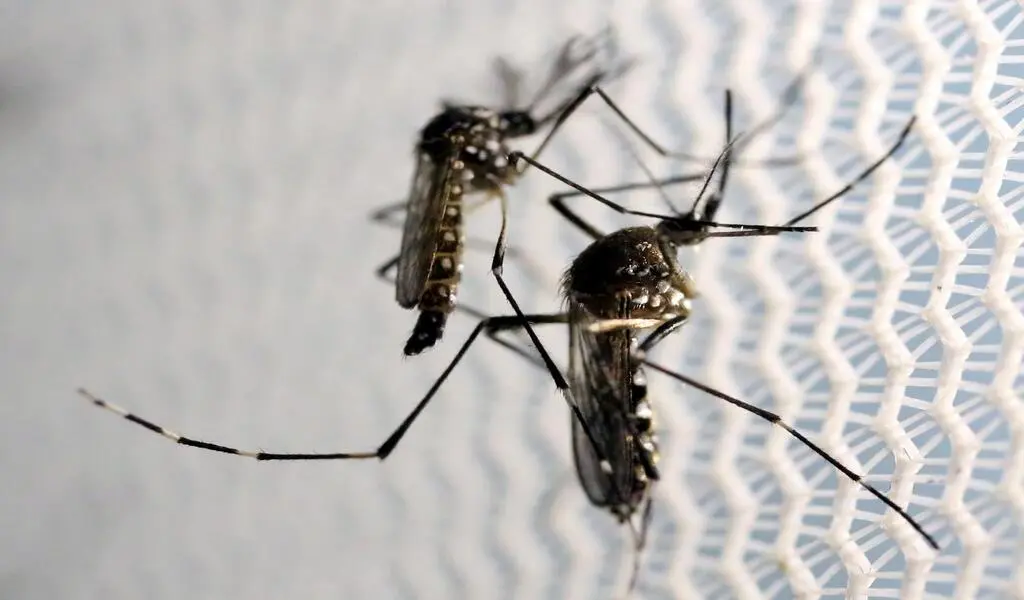(CTN News) – The government has implemented various strategies to combat the perennial epidemic of dengue, including the use of specific aquatic creatures and plants to eliminate mosquito larvae.
However, critics argue that these measures have not produced satisfactory results.
Despite the Department of Fisheries Punjab’s claim of releasing approximately 2.3 million tilapia fish into water bodies, ponds, and lakes each year, there is no reliable data to support the effectiveness of these fish in controlling the growth of dengue mosquitoes.
Instead, the use of aquatic creatures to eliminate dengue larvae has failed to reduce the increasing number of dengue cases, much to the disappointment of the control teams.
According to statistics from the Health Department of Punjab,
There has been a 37 percent increase in the dengue positivity rate over the past two years.
By September of the current year, the total number of reported cases has reached 356,561, compared to 259,344 cases reported in the previous year.
These figures demonstrate that the government’s measures for dengue control have been largely inadequate.
The spokesperson for the Department of Fisheries Punjab clarified that their responsibility is to release baby tilapia fish into water bodies after checking the water’s pH levels.
They emphasized that the outcome of these efforts is not their responsibility but falls under the jurisdiction of the Punjab government. They also mentioned that using aquatic creatures and plants for control is just one of many available options.
Dr Khalid Pervaiz, a medical expert, contradicted this by stating that there is no scientific evidence supporting the use of aquatic creatures and plantations for combating dengue.
He explained that the most effective control methods involve the use of chemical repellants such as sprays, lotions, candles, coils, and vaporizers.
However, some experts disagree with Dr Pervaiz and argue that certain plants can play a significant role in repelling dengue mosquitoes. They believe that plants like neem, mint, marigold, tulsi, and lemongrass emit an aroma that repels mosquitoes and other insects.
Dr Muhammad Hafeezur Rehman, Chairman of the Department of Fisheries and Ecoculture, supported this viewpoint by stating that different types of fish, including tilapia, consume mosquitoes, larvae, and other small insects as part of their diet.
He explained that their department uses three methods for controlling dengue mosquitoes and larvae: mechanical control, chemical control, and biological control.
SEE ALSO:
Surge In Covid JN 1 Variant Cases Sparks Panic; Monitor Symptoms.






